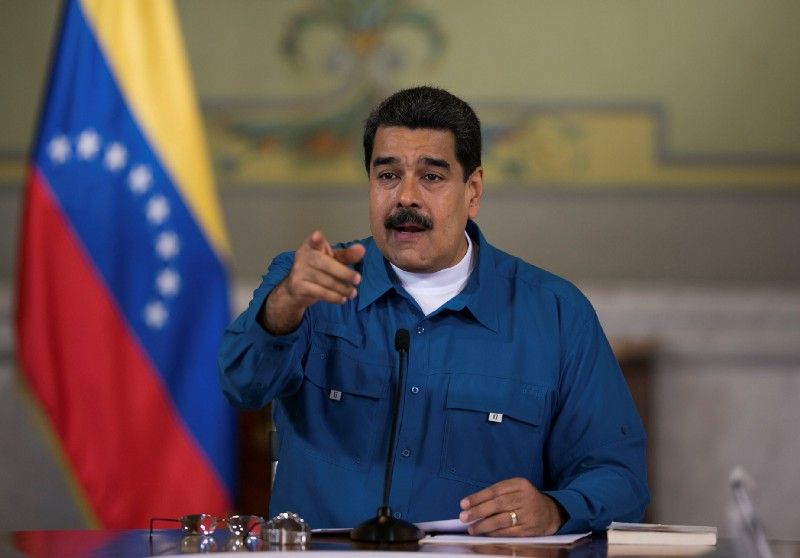From time to time we like to put you in the shoes of the key players in the stories we cover. Well, this time let’s take you to Venezuela. As Willis told you in last Friday’s Signal, the country’s fractious and beleaguered opposition has decided to boycott next month’s presidential election. They say it will be rigged, and most outside observers agree.
So let’s imagine you are the Venezuelan opposition: If you participate in a rigged election, you give a veneer of legitimacy to the result and dishearten your most fervent street protesters, but you can also point to your own votes afterwards as leverage for any future discussions with the government.
Now, if you boycott, you let the fraudulence of the election stand a little more nakedly — perhaps in the hope that this spurs outside powers to put more pressure on President Maduro — but you also forfeit any seat at the table afterwards.
¿Qué harías tu?
